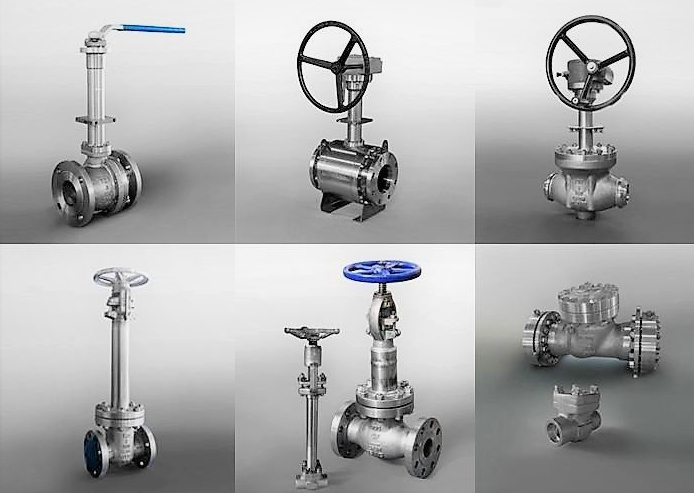Gate valves are an essential part of many industrial processes, used to control the flow of liquids and gases. But how do they work? In this article, we will explore the inner workings of gate valves and explain their operation in detail.
How Do Gate Valves Work?
A gate valve is a type of valve that uses a gate, or a movable barrier, to control the flow of fluids. The gate is typically made of metal and is suspended from a stem that connects it to a handle or actuator. When the handle is turned or the actuator is activated, the gate moves up or down, allowing or blocking the flow of fluid.
Types of Gate Valves
There are several types of gate valves, each with its own unique design and operation. The most common types are:
- Rising stem gate valve: This is the most common type of gate valve, where the stem and gate move up and down together.
- Non-rising stem gate valve: In this type of gate valve, the stem remains stationary while the gate moves up and down.
- Wedge gate valve: This type of gate valve uses a wedge-shaped gate that moves up and down to control the flow of fluid.
How Gate Valves Work
The operation of a gate valve is relatively simple. When the handle is turned or the actuator is activated, the gate moves up or down, allowing or blocking the flow of fluid. The movement of the gate creates a linear motion that is used to open or close the valve.
When the gate is fully open, the flow of fluid is unrestricted, and when it is fully closed, the flow is completely blocked. The gate valve can also be partially opened to regulate the flow of fluid.

Advantages of Gate Valves
Gate valves have several advantages over other types of valves. They are:
- High flow rates: Gate valves can handle high flow rates, making them ideal for applications where large volumes of fluid need to be moved quickly.
- Low pressure drop: The design of gate valves ensures that there is a low pressure drop across the valve, which means that they can be used in applications where high pressure is required.
- Easy to maintain: Gate valves are relatively easy to maintain, as they have few moving parts and are simple in design.
Applications of Gate Valves
Gate valves are widely used in a variety of industries, including:
- Oil and gas production: Gate valves are used to control the flow of oil and gas in production and transportation.
- Chemical processing: Gate valves are used to regulate the flow of chemicals in processing plants.
- Water treatment: Gate valves are used to control the flow of water in treatment plants.
In conclusion, gate valves are an essential part of many industrial processes, used to control the flow of liquids and gases. They are simple in design, easy to maintain, and can handle high flow rates and low pressure drops. By understanding how gate valves work and their advantages, we can better utilize them in a variety of applications.